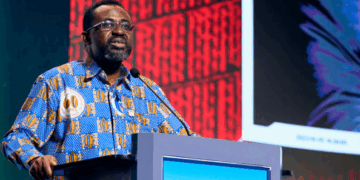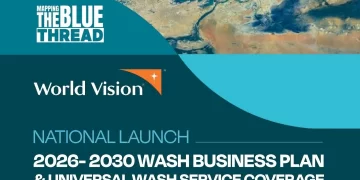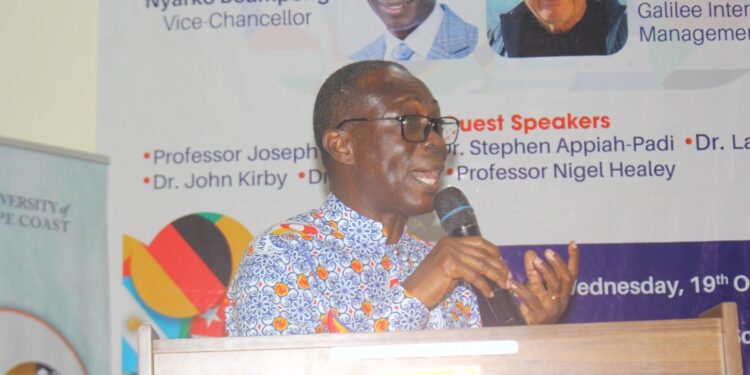The Vice Chancellor of the University of Cape Coast, Prof. Johnson Nyarko Boampong has underscored the need for organizations, particularly institutions of higher learning to establish global partnerships in order to create mutually beneficial relationships.
Such partnerships, according to him, are important because they give researchers from different universities access to knowledge, tools, and expertise that may be unavailable in a particular University.
Speaking at the University of Cape Coast’s international symposium themed, 60 years of Quality Education, Expanding the Frontiers: Experiences and lessons from international partners, Prof. Nyarko-Boampong stated that no entity can remain relevant without connecting with global partners.
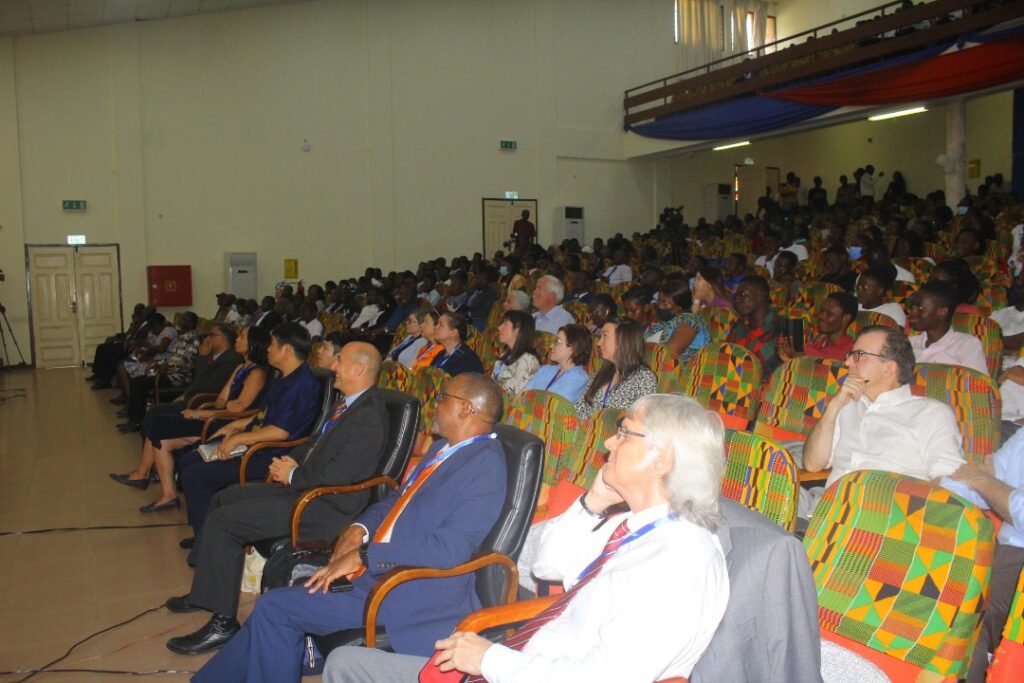
He noted that such international collaborations have had a significant impact on the University of Cape Coast, enabling it to reach its current status as the top-most university in Ghana and West Africa, and the 4th best in Africa.
“So indeed, working closely with our strategic partners, has helped the University of Cape Coast to become the number one University not only in Ghana and in West Africa, but the 4th on the continent in terms of our research influence, that is on the 24th position; at least we are making progress.” He said,
“In terms of collaborative research, we have been working with our strategic partners in publishing a lot of papers in terms of even training of some of our academic staff”, he added.
Prof. Nyarku Boampong indicated that such partnerships have aided the university in gaining grants, noting an example as the Department of Fisheries and Aquatic Sciences working closely with USAID to conduct research into the marine environment.
Read: UCC @ 60: The journey so far
He assured that management will continue to be committed to strengthening collaboration with strategic partners across the globe.
Speaking on the topic: Emerging higher education frontiers experiences from Israel; lessons for African education, President of Galilee International Management Institute in Israel, Prof. Joseph Shevel noted that Israel’s economic development is as a result of their investment in education.
He claimed that education is a key factor for economic development adding that “we have invested 7. 3% of our economy into education”
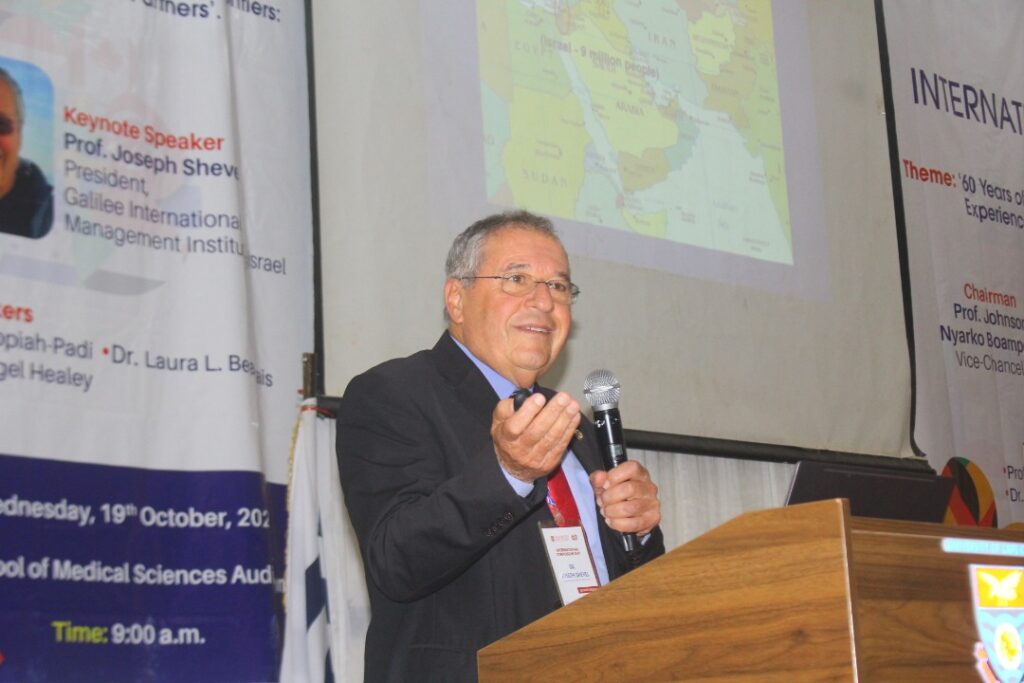
He emphasized that Israel is a small country with few resources and little rainfall, but it is growing due to investments made to boost the nation’s agricultural industry, water management, and other industries.
Hence Prof. Shevel challenged universities in Africa to lead the way in transforming the continent to attain sustainable development.
He also called for such symposiums and collaborations to be held among universities to share experiences and learn from one’s successes to stimulate mutual growth.
Other foreign partners from Bucknell University in USA, the University of Rhode Island, USA, the University of Cincinnati, USA, the University of Limerick, Ireland, and the International Youth fellowship of Korea among others all took turns to give their addresses at the gathering.
Faculty from the University Cape Coast who attended the symposium included the Pro Vice-Chancellor, the University Registrar, Provost of colleges, and Deans of schools among others.
Source: Emmanuella Ama Gyamfi & Abigail Baidoo/ATLFMNEWS




